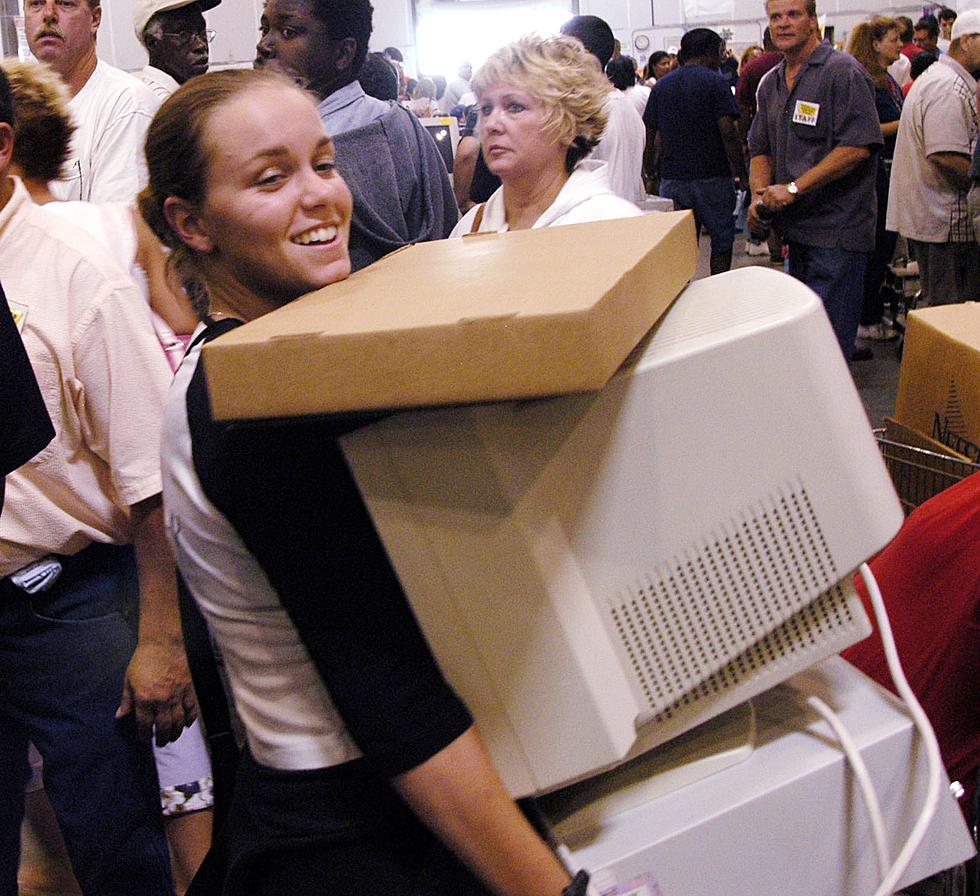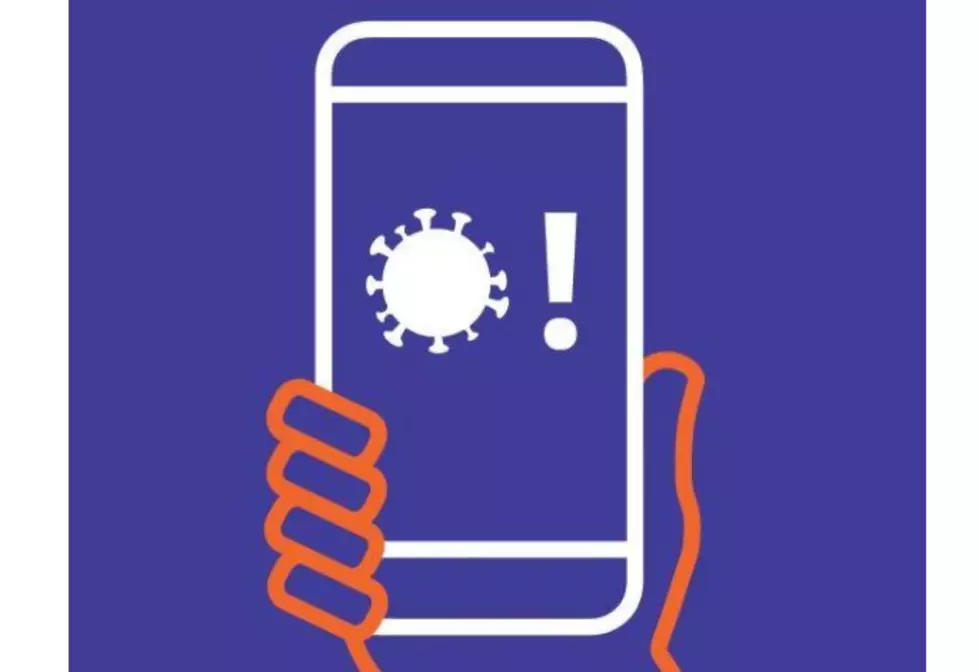
Here’s Why FBI vs Apple Phone Hack Issue Is Important
By now you've probably heard the FBI, armed with a Judge's order, is trying to force Apple to help them hack into the i-Phone of one of the San Bernadino terrorist shooters. There's apparently information in there of national security, say the feds. But it goes beyond just that.
According to a very well written piece from USA Today, here's some of the bigger issues facing Apple and the U.S. government.
While the ability to access phones and other digital tools is important when dealing with terrorists and criminals, Silicon Valley 'shudders' at the prospect of making, or being forced to make, programs that can bypass even the most secure encryption on their devices. Apple says even though the government has said they would only use this bypass on Syed Farook's phone (he and his wife were the San Bernadino shooters), critics say this 'master' key could be copied and even modified to allow it to access other types of phones.
Currently all i-Phones made after 2014 have default encryption which allows the user to create a password that NOBODY can crack or hack, even Apple. And, these new phones will automatically delete all non-factory installed data if you try to log in more than ten times unsuccessfully. It's kind of a self-destruct program.
The feds want Apple to create a program that will allow them to bypass this feature, so they can run an endless number of password combinations and crack Farook's phone. He died in a shootout with the feds, and his password died with him.
After Edward Snowden revealed that U.S. technology and phone companies were 'letting' the U.S. government spy on data being transmitted through their networks, Twitter, Facebook and Apple all pledged NOT to create any backdoor programs any more.
In fact, many Google and Apple phone models have such sophisticated encryption the companies themselves cannot even hack into their own phones. A company's reputation could ride on their ability to promise consumers the highest level of security possible. They worry about what consumers will do if they create backdoor programs that could access even most secure phone.
Critics also say, what's to prevent such 'keys' from being stolen or misused? They say creating these security by-passes is only opening Pandora's Box.
So, it comes down to a huge discussion of consumer privacy vs. national security. Should the government be allowed to possess tools that can access even the most secure citizen tools, or should people's privacy be accessed only by themselves at all costs?
That's what's at stake here, not just the government dealing with a single terrorist incident.
More From 870 AM KFLD









